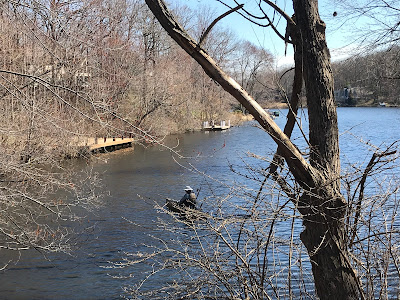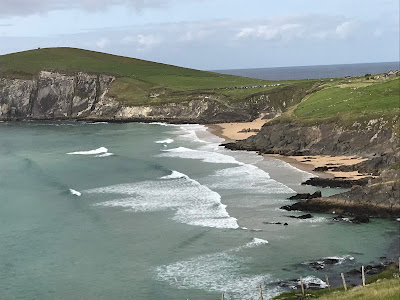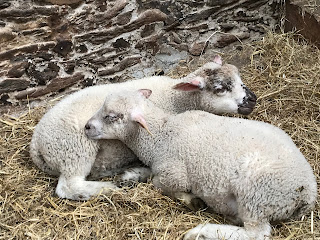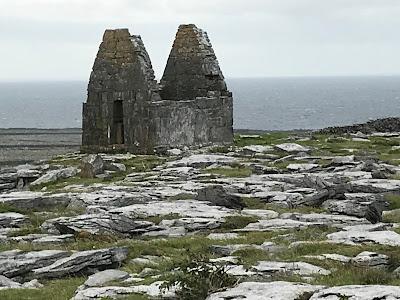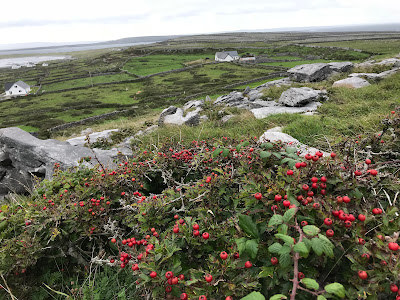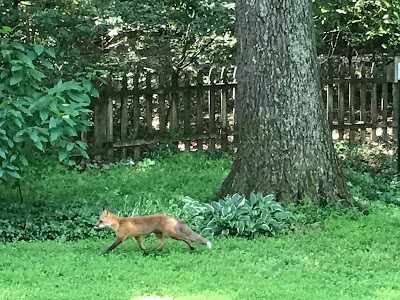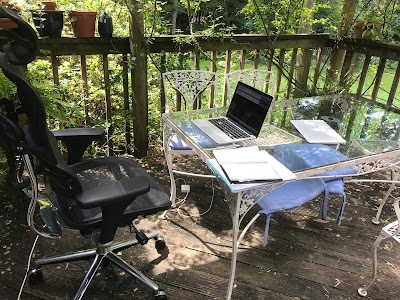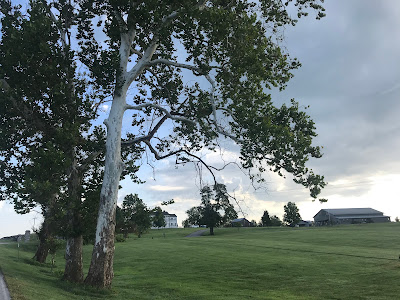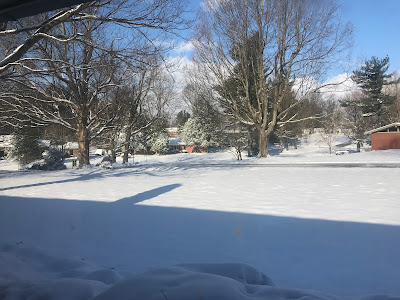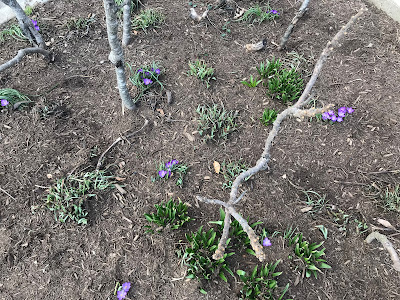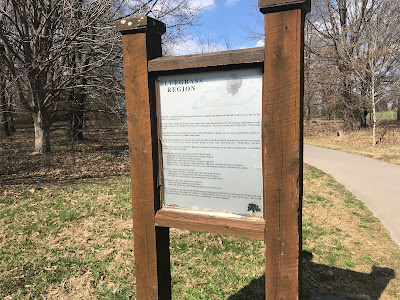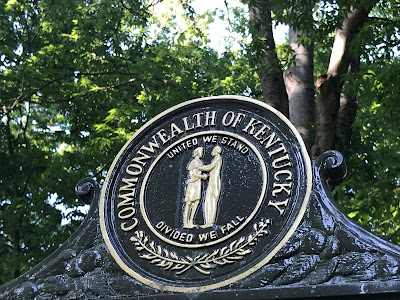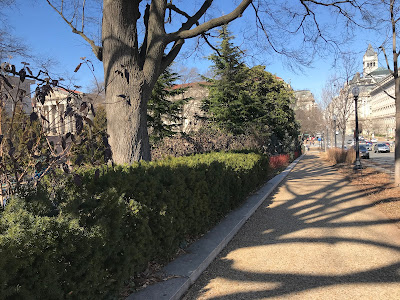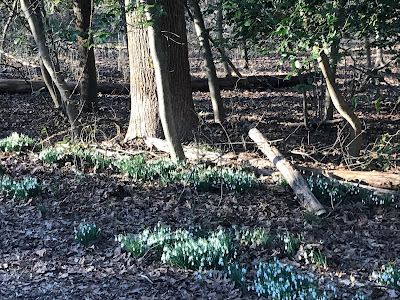Northwest Passage
I hadn’t intended it, but on Wednesday I nearly walked around Lake Audubon. I’d started with nothing more than a different route: down Glade to the nature center, along paths untrodden for years. But that road led to a paved path, then a waterside trail, then a bridge I hadn’t known was there.
When I found a street again, I was past the high school, on my way around the lake. This was significant, my version of the northwest passage. I could now (sort of) circumnavigate the lake where last summer I felt briefly lost.
Further proof that my ambles have purpose if not destinations, and further proof, also, that my home is Reston. But more on that later.
